Charlie Kirk’s name carried weight in America’s conservative circles. At just 31, he had become one of the most influential voices in the youth movement backing Donald Trump. His shocking death during a university event in Utah revealed not only the scale of his influence but also the polarization he embodied.
Kirk was fatally shot while speaking at Utah Valley University, the first stop of his organization Turning Point USA’s (TPUSA) “American Comeback Tour.” What was meant to be a lively Q&A session turned into tragedy when a man opened fire. Authorities quickly detained the suspected shooter, but the incident sent shockwaves across the political spectrum. Supporters and critics alike condemned the violence—even if they rarely agreed on Kirk’s politics.
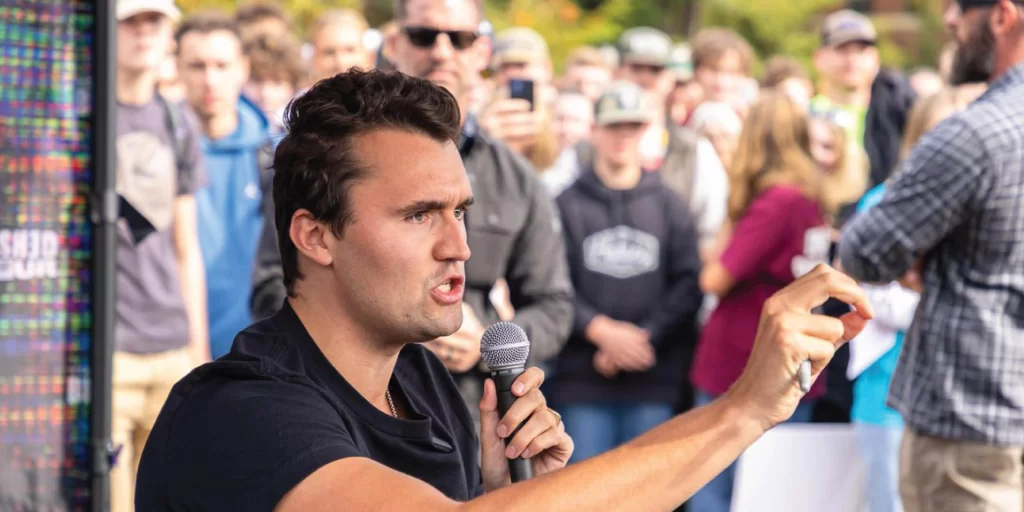
(Photo Credit: Charlie Kirk Official Facebook)
From a Teen Activist to a National Voice
Charlie Kirk’s journey into politics started early. In 2010, as a high school student in suburban Chicago, he volunteered for Republican Senate candidate Mark Kirk (no relation). A year later, he published an article in the conservative outlet Breitbart News criticizing what he saw as progressive bias in school textbooks.
That unexpected move for a 17-year-old caught the attention of Fox News, the conservative media giant that would play a crucial role in amplifying his profile. Soon enough, Kirk went from an eager teen activist to a regular guest on prime-time shows, positioning himself as a fresh, youthful face in the emerging Make America Great Again (MAGA) movement.
Turning Point USA: His Biggest Creation
In 2012, at just 18, Kirk co-founded Turning Point USA, a nonprofit with a clear mission: to give conservative students a home in college environments often dominated by liberal ideas. With significant backing from wealthy right-wing donors, the organization grew rapidly into a political powerhouse.
Today, TPUSA claims over 1,400 chapters across American universities and a multimillion-dollar budget. Its events—known for mixing provocation with high-energy rallies—drew thousands of students and made the group a breeding ground for young conservatives. The organization later expanded with Turning Point Action, a more explicitly political arm dedicated to supporting candidates aligned with Trump.
By 2024, Kirk’s efforts paid off in a big way. Trump himself credited Kirk and TPUSA with helping secure the youth vote that was critical for his return to the White House. “Nobody had done what Charlie achieved with young people,” Trump said, acknowledging his impact.
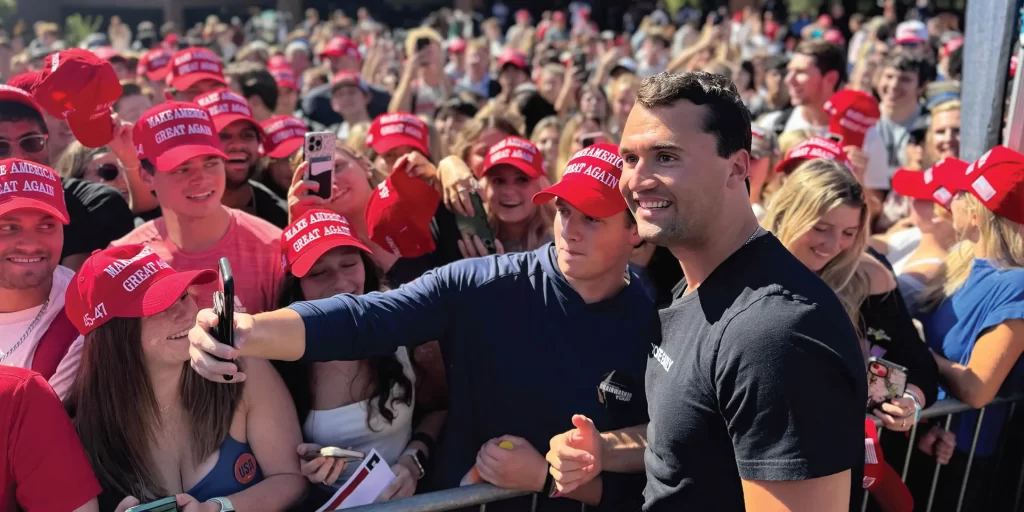
(Photo Credit: Charlie Kirk Official Facebook)
A Close Ally of Trump
Kirk’s bond with the Trump family was unusually close for someone so young. During the 2016 campaign, he gained the trust of Donald Trump Jr. and even worked briefly as his assistant. That access propelled him into the inner circle of the Trump orbit, where he became a trusted messenger for the MAGA movement.
In 2020, he was invited to speak at the Republican National Convention, cementing his status as a rising star. He also made regular appearances at the White House and became part of the broader Trump media ecosystem. Following his death, Trump mourned him as “a great and legendary leader who understood America’s youth like no one else.”
A Polarizing Style
What truly set Charlie Kirk apart was his style. Through The Charlie Kirk Show, one of the most popular political podcasts in the country, he tackled sensitive issues with a mix of outrage and sharp rhetoric. He took hardline stances on abortion, immigration, and racial diversity initiatives, often framing them as existential threats to traditional American values.
But Kirk was just as well known for courting controversy. Over the years, he promoted conspiracy theories and misleading claims—from downplaying the severity of COVID-19 to spreading unverified rumors about immigrants and protesters. Critics accused him of fueling polarization and serving as a megaphone for disinformation.
His supporters, however, saw him differently: as someone unafraid to say out loud what many conservatives were thinking. That ability to channel frustration into clear, provocative soundbites made him a hero to one side and a villain to the other.
Personal Life and Faith
Kirk never completed college, choosing instead to build his career through activism. He married Erika Frantzve, a former beauty queen and fellow Christian conservative activist. Together, they had two young children and often shared their strong evangelical faith publicly.
After news of his death broke, Erika posted a Bible verse on social media, underscoring how central faith was to both their family and Kirk’s broader political identity. His life story was often framed around not just conservatism, but a deeply religious vision of America.
Legacy of Influence
Whether admired or despised, Charlie Kirk left a major mark on U.S. politics. In barely a decade, he went from a suburban teenager volunteering on campaigns to the architect of one of the largest youth conservative networks in the country.
At the helm of TPUSA, he worked to shift the narrative that all young Americans leaned progressive. His events and media presence energized thousands of students, while his ties to Trump amplified his influence at the national level.
Still, detractors point to the darker side of his rhetoric—its role in deepening political divides and in spreading falsehoods. For them, Kirk represents not just a political activist, but a figure who actively inflamed America’s cultural battles.
What Comes After His Death?
The Utah shooting remains under investigation, and the motive behind the attack has yet to be clarified. What’s certain is that Kirk’s absence leaves a vacuum in the MAGA youth movement, where his leadership and charisma had no equal.
For his admirers, he will be remembered as a fearless defender of conservative values in spaces—universities, digital platforms—that they see as hostile to their beliefs. For his critics, his legacy will be one of division, conspiracy, and polarization.
Both sides, however, can agree on this much: Charlie Kirk had become a defining voice of America’s culture wars. His meteoric rise, confrontational style, and violent death cement him as a symbol of Trump-era politics and the generational clash shaping the country’s future.







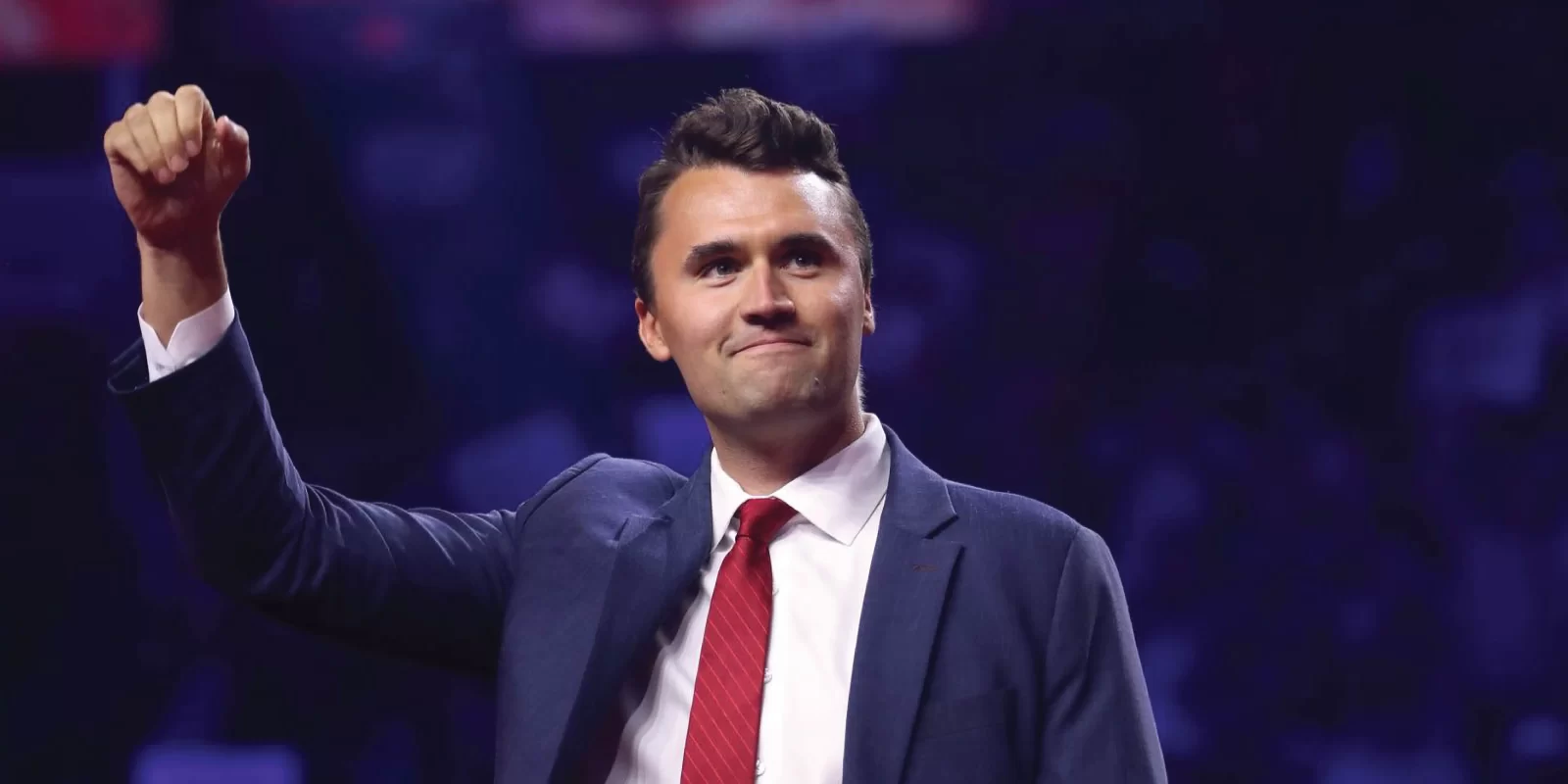




























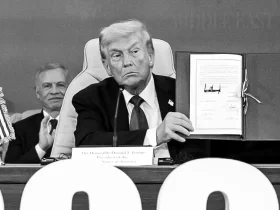

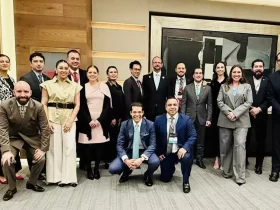

Leave a Reply